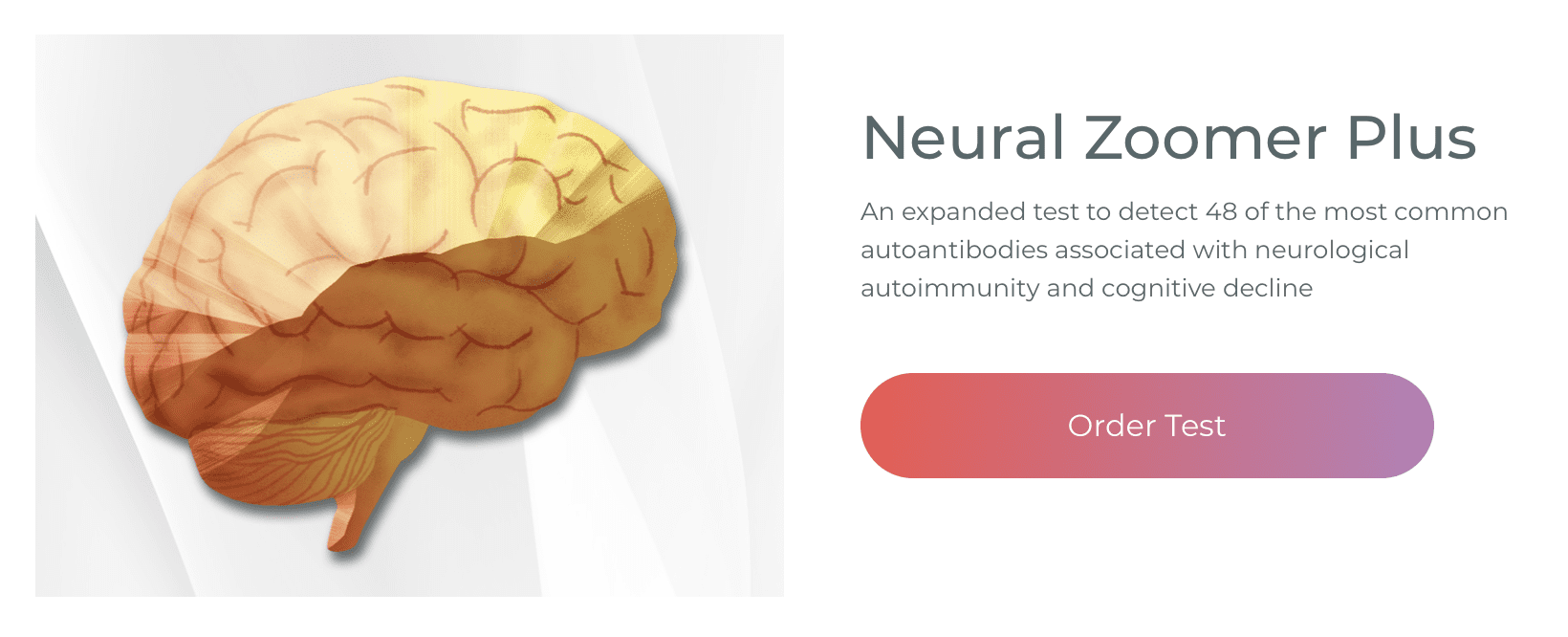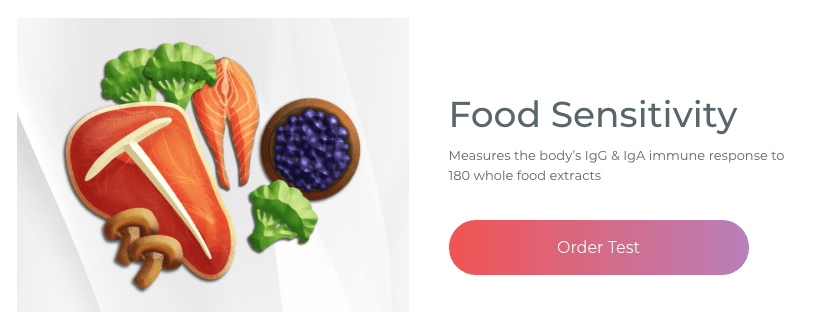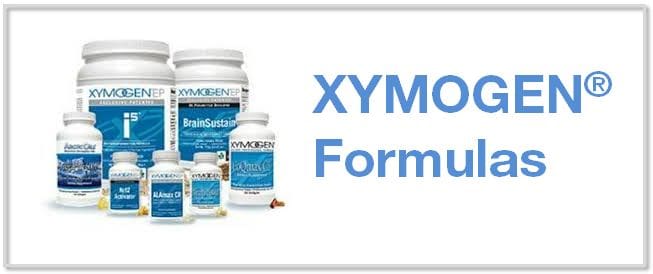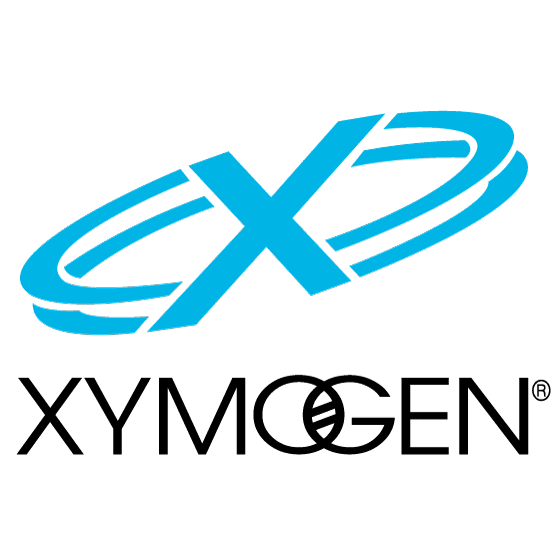Do you frequently eat processed foods that are bagged or boxed? Do you frequently eat fried foods? Do you have difficulty digesting foods? Do you experience constipation or inconsistent bowel movements? Do you have increased bloating or gas? If so, you may be experiencing SIBO symptoms.
Small intestinal bacterial overgrowth (SIBO) is a serious health issue that happens when bacteria that generally grow in one region of the digestive system, such as the colon, grow in the small intestine, ultimately affecting the gastrointestinal (GI) tract. If left untreated, SIBO can commonly cause pain, discomfort, diarrhea, and malnutrition (because of the loss of nutrients), among other symptoms. Proper nutrition can help decrease these harmful bacteria.
Following the SIBO diet together with antibiotics can also help speed up recovery and ultimately help reduce uncomfortable symptoms. The purpose of the article below is to describe the benefits of following the SIBO diet as well as what foods you should and shouldn’t eat to help improve SIBO symptoms.
Table of Contents
Understanding the SIBO Diet
The SIBO diet involves gradually eliminating several types of foods in an attempt to help reduce inflammation in the gastrointestinal (GI) tract and help decrease bacterial overgrowth in the small intestine. In a variety of instances, the gradual elimination of sugars alone can help improve SIBO symptoms.
Healthcare professionals recommend including a diet that is low in FODMAPs, or carbohydrates that can be difficult to digest and can become fermented by gut bacteria in the colon. When the digestive system is unable to break down carbs, these can sit in the gut and can cause SIBO symptoms, such as bloating and diarrhea. With SIBO, the bacterial overgrowth in the small intestine may ultimately start to ferment carbs too soon, causing a variety of symptoms.
Foods You Should Eat for SIBO
As we will discuss further below, the list of foods you shouldn’t eat when you have small intestinal bacterial overgrowth (SIBO) can be considered restrictive, however, there are still several foods you can enjoy while following the SIBO diet. The SIBO diet includes foods that are high in fiber and low in sugar.
Moreover, several foods can have low amounts of FODMAPs in smaller servings but these should still be limited or avoided because larger servings may increase the overall number of FODMAPs. Furthermore, several recommended types of foods for a SIBO, as well as a low FODMAP, diet include:
- oatmeal
- unsweetened cereal (with low FODMAP grains)
- gluten-free crackers
- rice or gluten-free noodles
- quinoa
- seeds
- peanuts
- several types of fruits, such as strawberries, blueberries, grapes, oranges
- leafy greens
- broccoli (heads only, less than 3/4 cup)
- olives
- potatoes
- carrots
- pumpkin
- spaghetti squash and summer squashes
- eggs
- fish
- meat
Foods You Shouldn’t Eat with SIBO
According to research studies, the low FODMAP diet has been demonstrated to safely and effectively help treat irritable bowel syndrome (IBS) and its associated symptoms. Patients with IBS also commonly have SIBO. Reducing or eliminating foods that are high in FODMAPs can improve digestive health.
When reducing or eliminating FODMAPs as a part of the SIBO diet, healthcare professionals suggest focusing on the main categories, including:
- fructose, basic sugars frequently found in fruits and several types of vegetables as well as in honey and agave nectar,
- fructans, a sugar substance or chemical found in many gluten products, fruits, several vegetables, and prebiotics,
- polyols, sugar alcohol commonly utilized as a sweetener,
- galactans, a substance or chemical found in several types of legumes, and
- lactose, a sugar molecule frequently found in many dairy products.
Several types of foods which you may want to consider completely eliminating from your diet that has higher amounts of FODMAPs include:
- honey
- agave nectar
- high-fructose corn syrup
- soda and other types of soft beverages
- dried fruits
- apples
- asparagus
- artichokes
- peas
- cauliflower
- butternut squash
- garlic
- onions
- beans
- sweetened cereals
- grains
- barley
- rye
- flavored yogurt
- ice cream
- sausage
Evidence Findings of the SIBO Diet
Healthcare professionals utilize antibiotics as the main treatment approach for small intestinal bacterial overgrowth (SIBO) symptoms. However, research studies have demonstrated that dietary changes, such as limiting sugars and lactose, may also ultimately help reduce SIBO. The SIBO diet can be utilized together with probiotics and antibiotics. A 2010 research study also determined that probiotics can also help reduce SIBO symptoms. According to the research study, drinking more water while on the SIBO diet can also help reduce pain, discomfort, and inflammation. Make sure to talk to your doctor before making any dietary modifications or implementing a new treatment option. In addition, discuss all of the benefits and risks with your doctor or dietitian.
The SIBO diet is a nutrition plan which temporarily eliminates high FODMAP foods while including a variety of low-FODMAP foods to help decrease bacterial overgrowth in the small intestine. The SIBO diet generally lasts anywhere between 2 to 6 weeks. Although it has been demonstrated to be a safe and effective treatment approach, the SIBO diet treats symptoms while it may not necessarily treat the underlying condition or disease. Conventional treatment options for SIBO shouldn’t be ignored. Talk to a healthcare professional before involving diet changes to any treatment plan. It’s also fundamental to mention that you should ultimately bring FODMAPs back into your normal diet when your SIBO symptoms improve. This can help prevent healthy gut bacteria loss. If your symptoms begin to worsen after implementing the SIBO or low-FODMAP diet, make sure to seek immediate medical attention.

Small intestinal bacterial overgrowth (SIBO) is a serious health issue which usually occurs because of an underlying chronic health issue. Several common symptoms may ultimately help determine the presence of SIBO. Additionally, if the patient has a chronic condition or disease, such as celiac disease or Crohn’s disease, they should talk to a healthcare professional to develop a treatment plan, such as the SIBO diet. SIBO, or small intestinal bacterial overgrowth is treatable. If left untreated, this gastrointestinal (GI) tract problem can also cause dehydration and malnutrition. Patients should contact a healthcare professional immediately if they suspect they have SIBO so that they can begin treatment right away. – Dr. Alex Jimenez D.C., C.C.S.T. Insight
Neurotransmitter Assessment Form
The following Neurotransmitter Assessment Form can be filled out and presented to Dr. Alex Jimenez. The following symptoms listed on this form are not intended to be utilized as a diagnosis of any type of disease, condition, or any other type of health issue.
Do you frequently eat processed foods that are bagged or boxed? Do you frequently eat fried foods? Do you have difficulty digesting foods? Do you experience constipation or inconsistent bowel movements? Do you have increased bloating or gas? If so, you may be experiencing SIBO symptoms.
Small intestinal bacterial overgrowth (SIBO) is a serious health issue that happens when bacteria that generally grow in one region of the digestive system, such as the colon, grow in the small intestine, ultimately affecting the gastrointestinal (GI) tract. If left untreated, SIBO can commonly cause pain, discomfort, diarrhea, and malnutrition (because of the loss of nutrients), among other symptoms. Proper nutrition can help decrease these harmful bacteria.
Following the SIBO diet together with antibiotics can also help speed up recovery and ultimately help reduce uncomfortable symptoms. The purpose of the article above was to describe the benefits of following the SIBO diet as well as what foods you should and shouldn’t eat to help improve SIBO symptoms.
The scope of our information is limited to chiropractic, musculoskeletal, and nervous health issues or functional medicine articles, topics, and discussions. We use functional health protocols to treat injuries or disorders of the musculoskeletal system. Our office has made a reasonable attempt to provide supportive citations and has identified the relevant research study or studies supporting our posts. We also make copies of supporting research studies available to the board and or the public upon request. To further discuss the subject matter above, please feel free to ask Dr. Alex Jimenez or contact us at 915-850-0900.
Curated by Dr. Alex Jimenez
References:
- Anthony, Kiara. “SIBO Diet 101: What You Should and Shouldn’t Eat.” Edited by Natalie Butler, Healthline, Healthline, 16 Aug. 2018, www.healthline.com/health/sibo-diet.
Additional Topic Discussion: Chronic Pain
Sudden pain is a natural response of the nervous system which helps to demonstrate possible injury. By way of instance, pain signals travel from an injured region through the nerves and spinal cord to the brain. Pain is generally less severe as the injury heals, however, chronic pain is different than the average type of pain. With chronic pain, the human body will continue sending pain signals to the brain, regardless if the injury has healed. Chronic pain can last for several weeks to even several years. Chronic pain can tremendously affect a patient’s mobility and it can reduce flexibility, strength, and endurance.
Neural Zoomer Plus for Neurological Disease
Dr. Alex Jimenez utilizes a series of tests to help evaluate neurological diseases. The Neural ZoomerTM Plus is an array of neurological autoantibodies which offers specific antibody-to-antigen recognition. The Vibrant Neural ZoomerTM Plus is designed to assess an individual’s reactivity to 48 neurological antigens with connections to a variety of neurologically related diseases. The Vibrant Neural ZoomerTM Plus aims to reduce neurological conditions by empowering patients and physicians with a vital resource for early risk detection and an enhanced focus on personalized primary prevention.
Food Sensitivity for the IgG & IgA Immune Response
Dr. Alex Jimenez utilizes a series of tests to help evaluate health issues associated with food sensitivities. The Food Sensitivity ZoomerTM is an array of 180 commonly consumed food antigens that offers very specific antibody-to-antigen recognition. This panel measures an individual’s IgG and IgA sensitivity to food antigens. Being able to test IgA antibodies provides additional information to foods that may be causing mucosal damage. Additionally, this test is ideal for patients who might be suffering from delayed reactions to certain foods. Utilizing an antibody-based food sensitivity test can help prioritize the necessary foods to eliminate and create a customized diet plan around the patient’s specific needs.
Gut Zoomer for Small Intestinal Bacterial Overgrowth (SIBO)
Dr. Alex Jimenez utilizes a series of tests to help evaluate gut health associated with small intestinal bacterial overgrowth (SIBO). The Vibrant Gut ZoomerTM offers a report that includes dietary recommendations and other natural supplementation like prebiotics, probiotics, and polyphenols. The gut microbiome is mainly found in the large intestine and it has more than 1000 species of bacteria that play a fundamental role in the human body, from shaping the immune system and affecting the metabolism of nutrients to strengthening the intestinal mucosal barrier (gut-barrier). It is essential to understand how the number of bacteria that symbiotically live in the human gastrointestinal (GI) tract influences gut health because imbalances in the gut microbiome may ultimately lead to gastrointestinal (GI) tract symptoms, skin conditions, autoimmune disorders, immune system imbalances, and multiple inflammatory disorders.
Formulas for Methylation Support
XYMOGEN’s Exclusive Professional Formulas are available through select licensed health care professionals. The internet sale and discounting of XYMOGEN formulas are strictly prohibited.
Proudly, Dr. Alexander Jimenez makes XYMOGEN formulas available only to patients under our care.
Please call our office in order for us to assign a doctor consultation for immediate access.
If you are a patient of Injury Medical & Chiropractic Clinic, you may inquire about XYMOGEN by calling 915-850-0900.
For your convenience and review of the XYMOGEN products please review the following link. *XYMOGEN-Catalog-Download
* All of the above XYMOGEN policies remain strictly in force.
Post Disclaimer
Professional Scope of Practice *
The information herein on "Functional Neurology: What is the SIBO Diet?" is not intended to replace a one-on-one relationship with a qualified health care professional or licensed physician and is not medical advice. We encourage you to make healthcare decisions based on your research and partnership with a qualified healthcare professional.
Blog Information & Scope Discussions
Welcome to El Paso's Wellness blog, where Dr. Alex Jimenez, DC, FNP-C, a board-certified Family Practice Nurse Practitioner (FNP-C) and Chiropractor (DC), presents insights on how our team is dedicated to holistic healing and personalized care. Our practice aligns with evidence-based treatment protocols inspired by integrative medicine principles, similar to those found on dralexjimenez.com, focusing on restoring health naturally for patients of all ages.
Our areas of chiropractic practice include Wellness & Nutrition, Chronic Pain, Personal Injury, Auto Accident Care, Work Injuries, Back Injury, Low Back Pain, Neck Pain, Migraine Headaches, Sports Injuries, Severe Sciatica, Scoliosis, Complex Herniated Discs, Fibromyalgia, Chronic Pain, Complex Injuries, Stress Management, Functional Medicine Treatments, and in-scope care protocols.
Our information scope is limited to chiropractic, musculoskeletal, physical medicine, wellness, contributing etiological viscerosomatic disturbances within clinical presentations, associated somato-visceral reflex clinical dynamics, subluxation complexes, sensitive health issues, and functional medicine articles, topics, and discussions.
We provide and present clinical collaboration with specialists from various disciplines. Each specialist is governed by their professional scope of practice and their jurisdiction of licensure. We use functional health & wellness protocols to treat and support care for the injuries or disorders of the musculoskeletal system.
Our videos, posts, topics, subjects, and insights cover clinical matters, issues, and topics that relate to and directly or indirectly support our clinical scope of practice.*
Our office has reasonably attempted to provide supportive citations and has identified the relevant research studies or studies supporting our posts. We provide copies of supporting research studies available to regulatory boards and the public upon request.
We understand that we cover matters that require an additional explanation of how they may assist in a particular care plan or treatment protocol; therefore, to discuss the subject matter above further, please feel free to ask Dr. Alex Jimenez, DC, APRN, FNP-BC, or contact us at 915-850-0900.
We are here to help you and your family.
Blessings
Dr. Alex Jimenez DC, MSACP, APRN, FNP-BC*, CCST, IFMCP, CFMP, ATN
email: coach@elpasofunctionalmedicine.com
Licensed as a Doctor of Chiropractic (DC) in Texas & New Mexico*
Texas DC License # TX5807
New Mexico DC License # NM-DC2182
Licensed as a Registered Nurse (RN*) in Texas & Multistate
Texas RN License # 1191402
ANCC FNP-BC: Board Certified Nurse Practitioner*
Compact Status: Multi-State License: Authorized to Practice in 40 States*
Graduate with Honors: ICHS: MSN-FNP (Family Nurse Practitioner Program)
Degree Granted. Master's in Family Practice MSN Diploma (Cum Laude)
Dr. Alex Jimenez, DC, APRN, FNP-BC*, CFMP, IFMCP, ATN, CCST
My Digital Business Card









